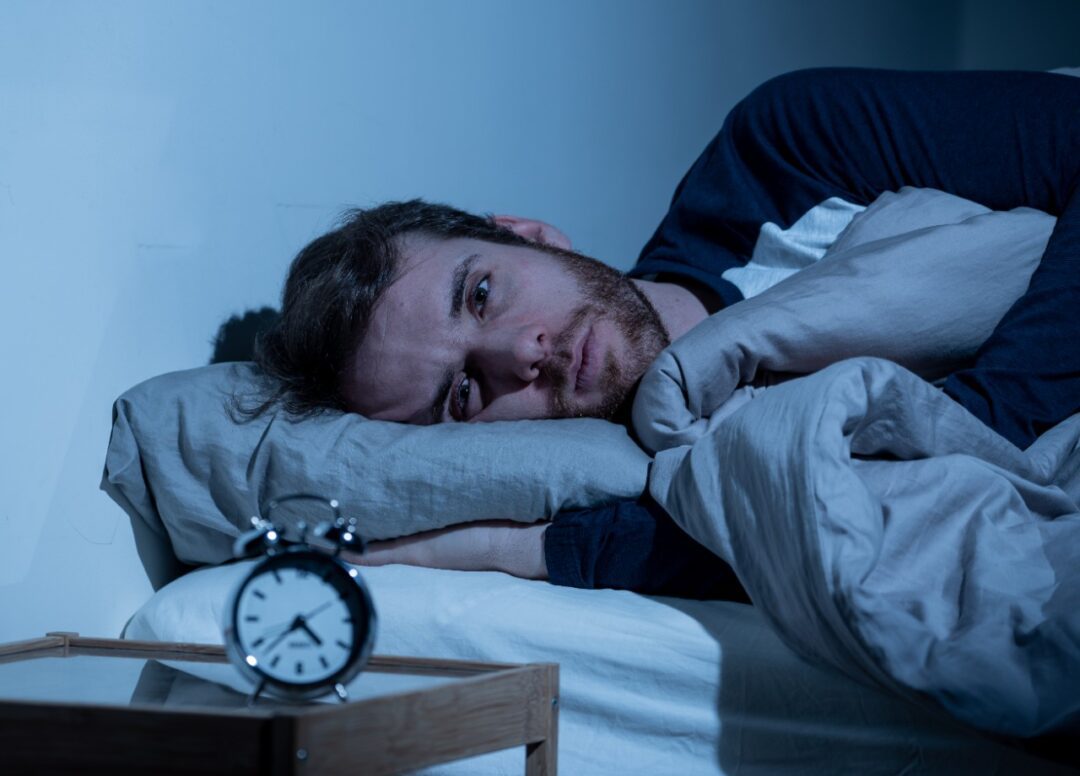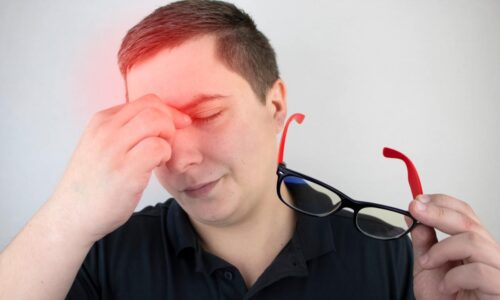How can I get more sleep tonight? |

Sleep is more important now than ever. Unfortunately, due to the current situation in the world, many of us are spending our nights tossing and turning. We need sleep more than we might realize, especially when our lives have been disrupted. Let’s talk about why sleep is important and how you can get enough sleep to stay healthy.
Getting 7-8 hours of sleep at night helps to keep our immune system working well by supporting the release of proteins that help the immune system respond quickly to foreign substances.
Getting only 4-6 hours of sleep on a regular basis causes your body to develop higher levels of stress hormones, which can lead to higher blood pressure, lower immune response, and other health issues.
Getting less than adequate sleep is associated with cognitive problems such as poor memory, lower reaction times, and mental confusion.
Getting less sleep is also associated with hormonal changes that lead to weight gain. We all want to avoid that!
Here are some things that you can do to help you get a good night’s sleep.
Create a sleep schedule and stick to it.
When you are not going to work, or working from home, it is easy to let schedules go by the wayside. You need to know that keeping a schedule is vital to your health. The more consistent bedtime and wake-up time you have, the more consistently your body functions, including your immune system. It is also true that the more consistent sleep schedule you have, the better quality sleep you are able to get. If you are not going in to the office, this may be the perfect time to get a little more sleep!
Set an alarm not only for waking up in the morning, but also for getting to bed at night. Don’t just set the alarm, but use it as you should.
If you do not sleep well at night, it is ok to take a short nap midday. Just don’t let a nap wreck your nighttime sleep schedule. Make your nap short, 15-30 minutes, and do not nap after 3 pm.
Set the stage in your bedroom for quality sleep. Here are some things that might help:
• Darkness – Use heavy curtains to block light from outside, cover lights on electronics that are in the room, or use a sleep mask to block light from both inside and outside.
• Quiet – Use a fan or white noise machine to block background noise that is not in your control.
• Temperature – Most people don’t sleep well when the room is too hot or too cold, but you may prefer a cold room with more covers, or a slightly warmer room with fewer covers. Find the ideal temperature for you.
Set a bedtime curfew for all electronics and stick to it.
Ideally, you should have 60-90 minutes before bedtime without electronics. This includes TV, smart phones, computers, etc. Being more isolated, as we all are these days, does make it more important to stay connected electronically. Just don’t use those devices before bedtime. Turn on the “Do not disturb” feature on your phone for the hours that you set aside for sleep.
This time without electronics can help your sleep in multiple ways.
• You need less direct light, especially less blue light, hitting your eyes in the evening to help trigger your body to produce melatonin. Your own melatonin works best to help promote sleep.
• Getting onto your social media account, or watching the news or an exciting TV show engages your brain in a way that can inhibit your sleep. If you really feel like you need to watch a TV show, make it something very relaxing and comforting, turn the volume down low, and lower all of the other lighting in the room. Never leave the TV on while you sleep.
Don’t read the news right before bed.
This includes electronic news, but also traditional newspapers as well. Get your coronavirus news once a day, early in the day. The news can increase your anxiety level, which is not good for sleep.
Get some exercise every day.
It may be harder to do your usual exercise routine right now, but there are ways that you can move your body and raise your heart rate every day. Here’s why it’s important.
• Exercise during the day helps drive our sleep at night. Just don’t do it too late in the evening.
• Exercise also helps to improve the chemical balance in our brains, helping us to ward off depression and anxiety.
• Knowing that exercise has improved your immune function might help you sleep better at night.
Practice some relaxation before bed.
• Try the breathing exercises I mentioned in last week’s Health Tip.
• Consider meditation or progressive relaxation before bed, or as part of your falling asleep routine.
• Take a hot bath or shower about 90 minutes before bedtime. This is not only a form of relaxation, but the process of getting really warm, then slowly cooling down is another way to trigger your body to produce melatonin. You might want to use the bath or shower as the start of your electronics curfew.
Be careful of what you eat and drink.
• Avoid caffeine too close to bedtime.
• Don’t eat right before bed. Heartburn or indigestion is more likely if you lie down with a full stomach, and that can interfere with your sleep.
• Avoid excessive alcohol in the evening. While alcohol might make you sleepy initially, too much can cause fragmented sleep, which results in less sleep overall, and poor quality sleep.
Wash your sheets.
Who doesn’t love the feel of fresh, clean sheets on the bed? I know that helps me sleep better.
If you have any more questions just Ask Hanna, our health advisors are here to help.
Dr. Anita Bennett MD – Health Tip Content Editor
Image: ©Shutterstock / Sam Wordley








